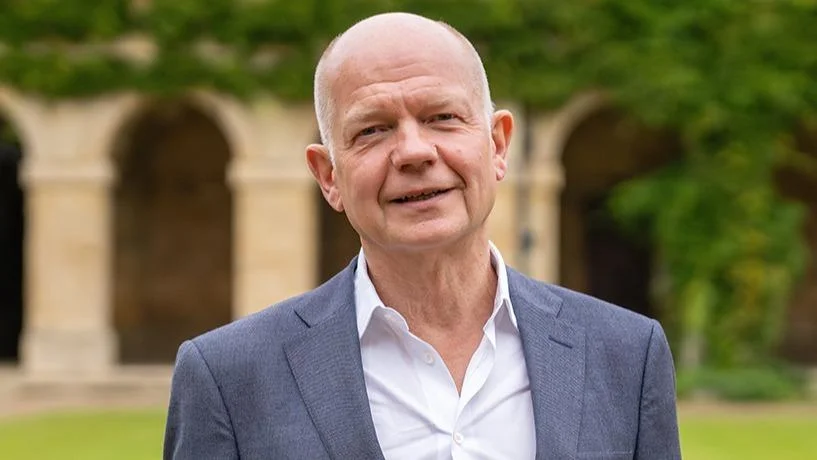The European Research Council (ERC) has awarded Advanced Grants to several Oxford University academics, recognizing their innovative research across various scientific fields. The ERC Advanced Grants competition is a key part of the EU’s Horizon Europe programme, aimed at supporting senior researchers in pursuing ambitious projects with potential for significant scientific breakthroughs.
This year, 2,534 proposals were submitted, with only 281 receiving funding. Professor Maria Leptin, President of the European Research Council, congratulated the winners and emphasized the impact of their research on addressing pressing social, economic, and environmental challenges.
Among the recipients is Professor Yimon Aye from the Department of Chemistry. Her project focuses on developing technologies to map immunometabolites' bioactivity in living organisms. She aims to decode these chemical signals to open new opportunities for precision therapies by collaborating with clinicians.
Professor Ana Domingos from the Department of Physiology, Anatomy & Genetics (DPAG) will use her grant to study how nerve networks control fat burning without affecting heart health. Her research seeks safer obesity treatments through advanced imaging and single-cell technologies.
Professor Kevin Foster at the Sir William Dunn School of Pathology is investigating microbial communities' metabolism to predict species behavior and manipulate microbiomes rationally. His work bridges metabolism and ecology to understand microbial interactions better.
Professor Deirdre Hollingsworth from NDM Centre for Global Health Research will focus on neglected tropical diseases and malaria interactions using computer models and data analysis. Her goal is to improve health outcomes by studying disease overlaps and co-infections.
In chemistry, Professor Madhavi Krishnan explores counterintuitive long-range forces between charged objects in solution. Her work could have implications across various fields due to its focus on fluid environments where much of chemistry occurs.
Professor Rahul Santhanam from the Department of Computer Science addresses complexity theory's open questions like P vs NP. His research involves meta-complexity studies with applications in learning, cryptography, and automated reasoning.
Finally, Professor Peter Visscher from Oxford Population Health aims to quantify human traits influenced by genetics using statistical methods on extensive genome data. His project seeks to identify DNA changes responsible for trait variations.
Further details about these grants can be found on the ERC website.

